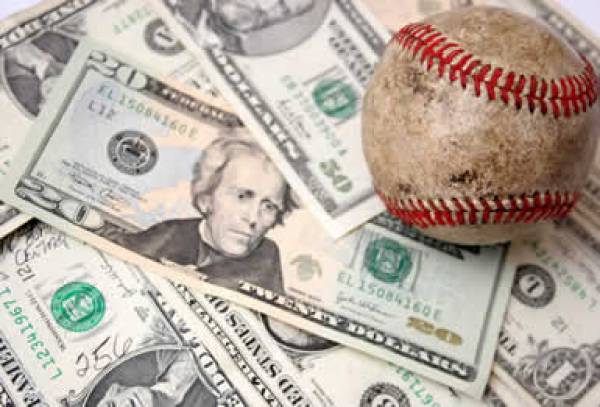NJ eyes Constitutional OK for Sports, Web Betting

ATLANTIC CITY, N.J. - (Associated Press) - Convinced that Internet gambling is coming someday, New Jersey wants to be its epicenter.
Lawmakers want voters to decide this fall if the state should offer sports and Internet gambling in an attempt to make the state the nation's leader in an emerging betting industry and stop the slow death spiral of Atlantic City casinos and the state's racetracks. That's provided, of course, that a federal ban is repealed.
Senate President Stephen Sweeney, Sens. Raymond Lesniak, Jim Whelan and Jeff Van Drew and Assemblyman John Burzichelli called Thursday for a gambling summit that would bring together lawmakers, industry leaders and policy experts.
The Democratic legislators want a constitutional amendment to be placed before voters in the November elections to maximize revenue for Atlantic City's 11 casinos and its racetracks, which are locked in a bitter struggle over dwindling gambling dollars.
"There are billions of dollars of gambling money that we're leaving on the table," said Lesniak, who represents a district in northern New Jersey, near where the Meadowlands racetrack wants to offer slot machines to attract new gamblers. That's something Atlantic City has vowed never to let happen.
"There's enough new revenue to go around for all the state's entertainment facilities instead of everyone fighting each other," Lesniak said.
The proposed constitutional amendments would pose two questions to voters this fall: Should New Jersey be able to offer sports betting, and should it be able to offer legal online versions of casino games such as blackjack, poker, roulette and other games of chance?
Lesniak, who is suing the federal government to overturn a ban on sports betting in all but four states, said he's optimistic the referendums can be prepared by the end of August in time to get them on statewide ballots this fall.
New Jersey missed out on its chance to legalize sports betting in 1991, before a federal law took effect restricting legal sports betting to states with laws allowing it already on their books. The 1992 law permitted it only in Nevada, where Las Vegas sports books determine the odds for sporting events across the country, and in Delaware, Montana and Oregon.
Republican Gov. Chris Christie has tasked a committee with studying New Jersey's gambling industry before deciding what to do about the competing demands of casinos and racetracks, both of which are withering under ferocious pressure from competitors in neighboring states.
The panel is about two weeks away from issuing recommendations.
Atlantic City is still the nation's second-largest gambling market after Las Vegas. But it's in the midst of a 3 1/2-year revenue slump that coincided with the arrival of slots parlors in Pennsylvania, where there are now nine. Next month, they also will offer table games, competing even more directly with Atlantic City.
In 2006, when the first Pennsylvania slots parlor opened and the economy was still steaming along, Atlantic City's 11 casinos brought in $5.2 billion for the year. By 2009, their combined annual revenue had fallen to $3.9 billion.
So far this year, the casinos have won $1.49 billion, down 7.9 percent from the same period in 2009.
The situation is equally dire for the state's racetracks, which say they cannot survive without slot machines to attract new gamblers.
New Jersey's casinos pay millions of dollars a year in subsidies to the horse tracks under an agreement in which the tracks are prohibited from offering slots.
"Atlantic City is dying," Lesniak said. "The Meadowlands is dying. Our racetracks are dying. We have time to get this right and craft a constitutional amendment that will maximize revenues for the state and for our tourist destinations."
- Wayne Perry, Associated Press













